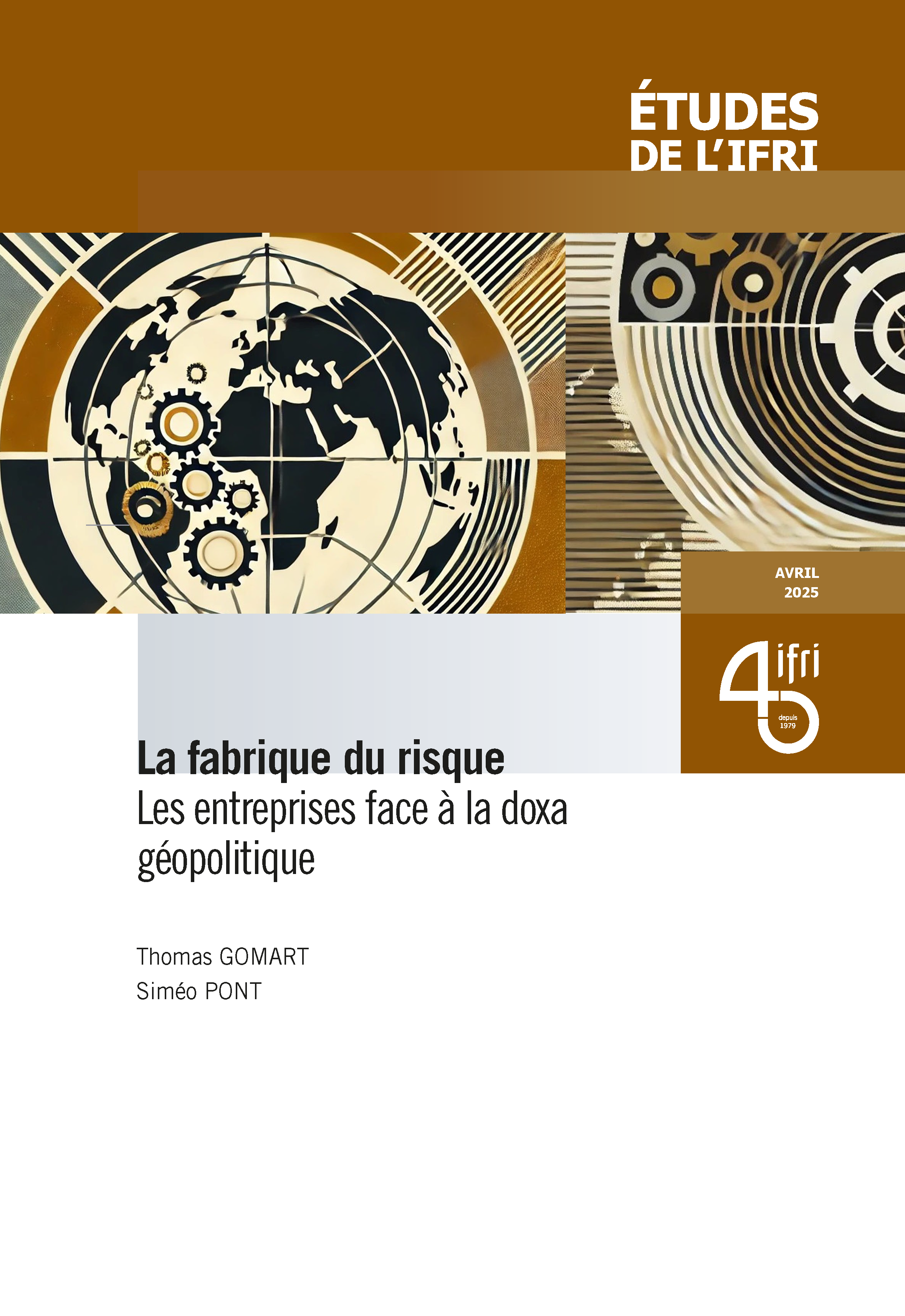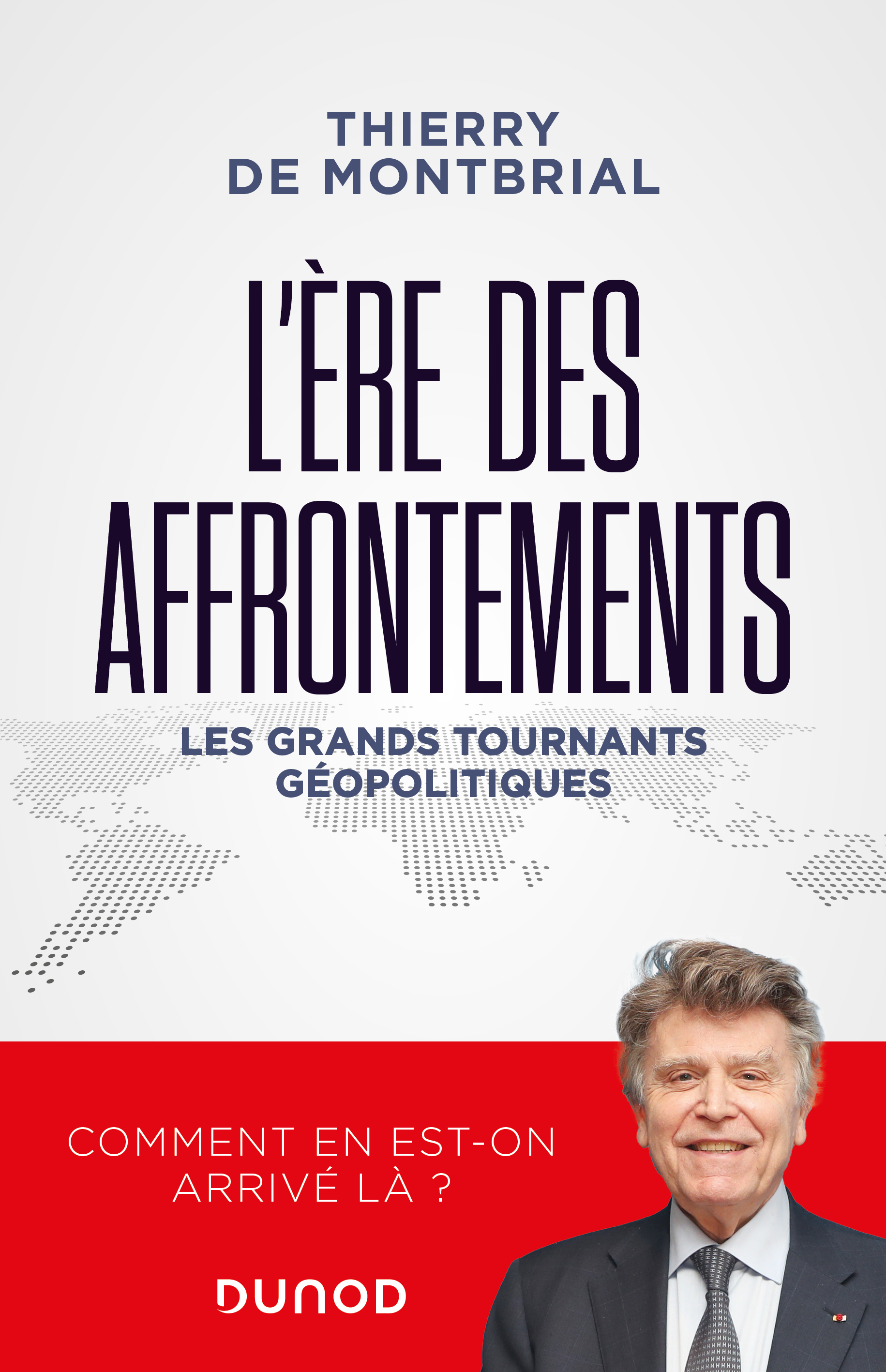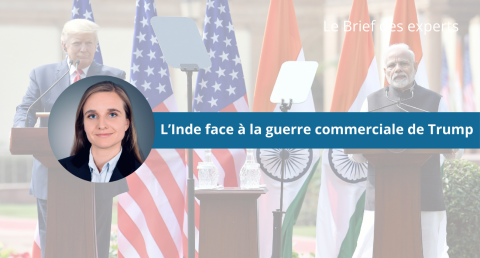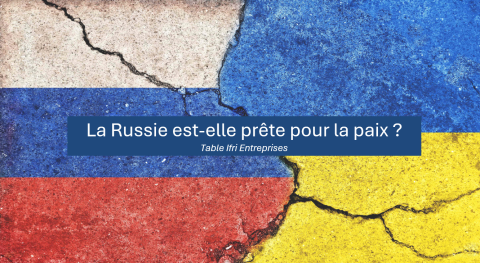The Crisis of Migrants' Integration in Europe? An International Comparison

Informations pratiques
Thématiques et régions
Ceci est un événement réservé.
En savoir plus sur nos programmes de soutienSince the beginning of the 2000s, a new politics has developed in Europe about the "crisis" of migrants' integration.
The backlash against multiculturalism in countries like Britain or the Netherlands has paralleled the reappraisal of the idea of a color-blind citizenship in France and the so-called ethnicization of French society. In short: either multiculturalism or republicanism, national models of integration would have failed.
Such a policy diagnosis does not go without critical consequences.
The very idea of a "crisis of integration" has reached the EU policymaking, and the future of integration of migrants in Europe is seen as a critical challenge to the cohesion of European societies. New immigration countries in the EU, such as Portugal, are left with a narrow alternative in this perspective: if neither multicultural nor republican models of integration work, what can be done in a context of increasing immigration?
The objective of this international conference is to revisit this diagnosis from a critical and comparative perspective.
Can we take for granted that integration is a "failure" in European countries? What do we mean by "integration"? Are European societies really "threatened" by cultural or religious identities brought by immigration? What can be learned from comparison among European countries which have followed different paths in integrating migrants, as well as between European immigration countries and traditional multicultural countries such as Australia, Canada, and the USA?
- Christophe Bertossi, Senior Research Fellow, Director of the "Migrations, Identities, Citizenship" Program, Ifri (France)
- Jan Willem Duyvendak, Professor of sociology, University of Amsterdam (Netherlands)
- Nancy Foner, Distinguished Professor of Sociology, City University of New York (USA)
- Danièle Joly, Professor of Sociology, Director of the Centre for Research in Ethnic Relations, University of Warwick (UK)
- Jeffrey Reitz, R.F. Harney Professor of Ethnic,Immigration and Pluralism Studies, University of Toronto (Canada)
- Robert Van Krieken, Associate Professor of Sociology, University of Sydney (Australia)
Replay
Sujets liés
Autres événements

Le retour de la « grande coalition » – quel leadership allemand dans un monde incertain ?
Le nouveau gouvernement allemand, une « grande coalition » probablement dirigée par Friedrich Merz, va devoir faire face à un environnement international complexe, marqué notamment par un bouleversement des relations transatlantiques. Les attaques de l’administration Trump à l’égard des alliés traditionnels des Etats-Unis, le rapprochement entre Washington et Moscou, ainsi que les incertitudes qui pèsent sur le futur de l’OTAN, ébranlent les paradigmes de la politique étrangère allemande.
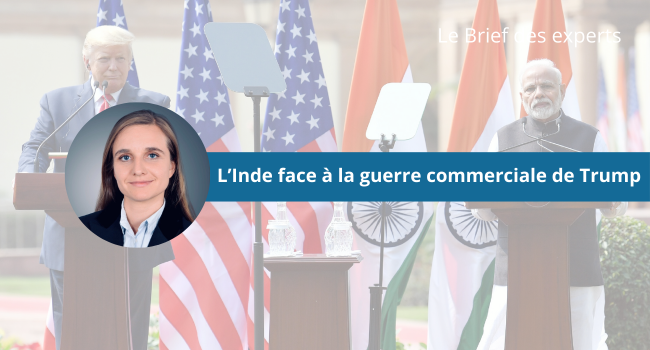
L’Inde face à la guerre commerciale de Trump
Un brief de 30 minutes autour de Sylvia Malinbaum, chercheuse, responsable de la recherche sur l'Inde et l'Asie du Sud au Centre Asie de l'Ifri.
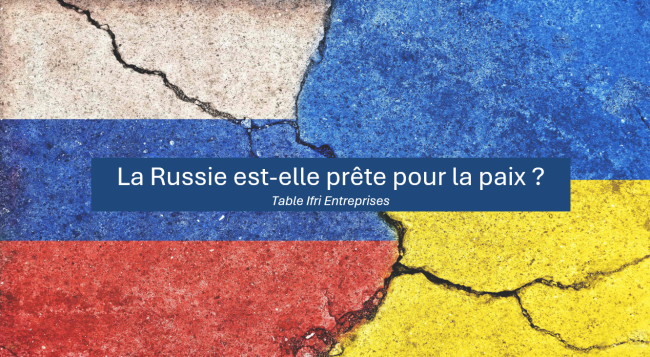
La Russie est-elle prête pour la paix ?
Depuis plus de trois ans, la Russie mène une guerre de haute intensité contre l’Ukraine, qui bénéfice du soutien politique, militaire et financier de l’Occident.


